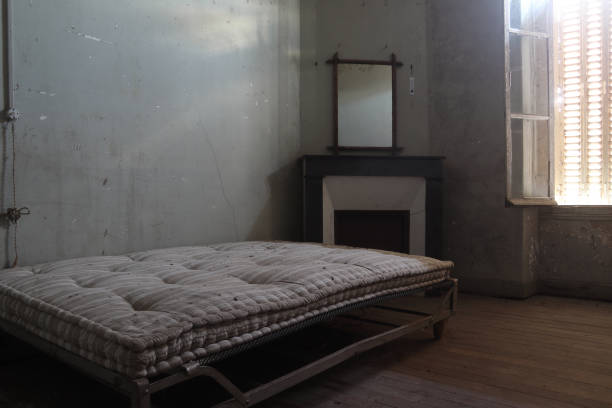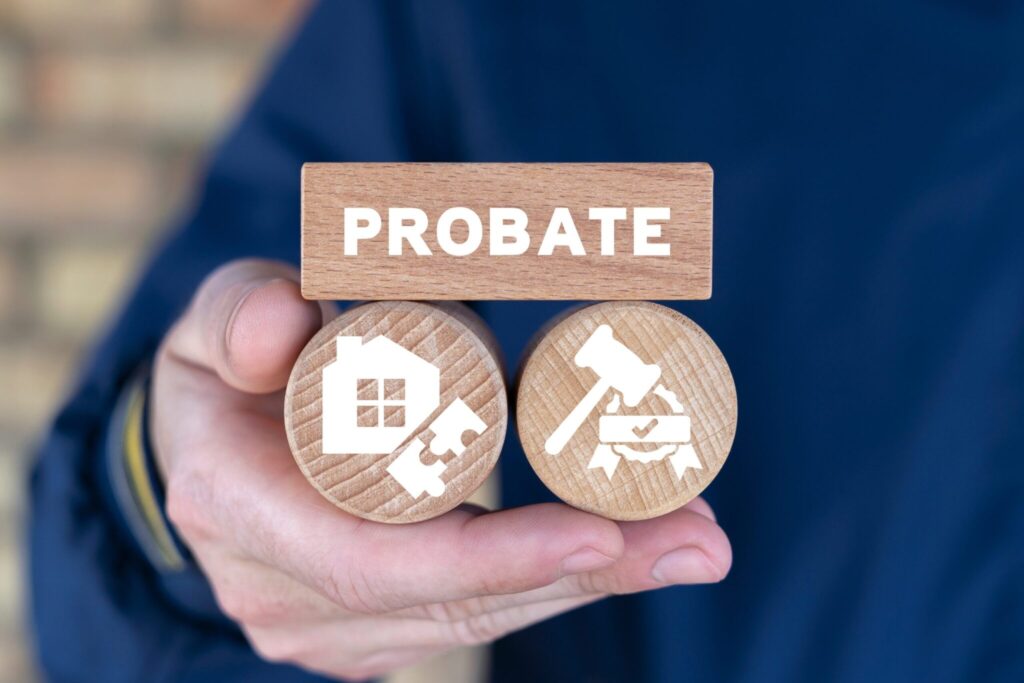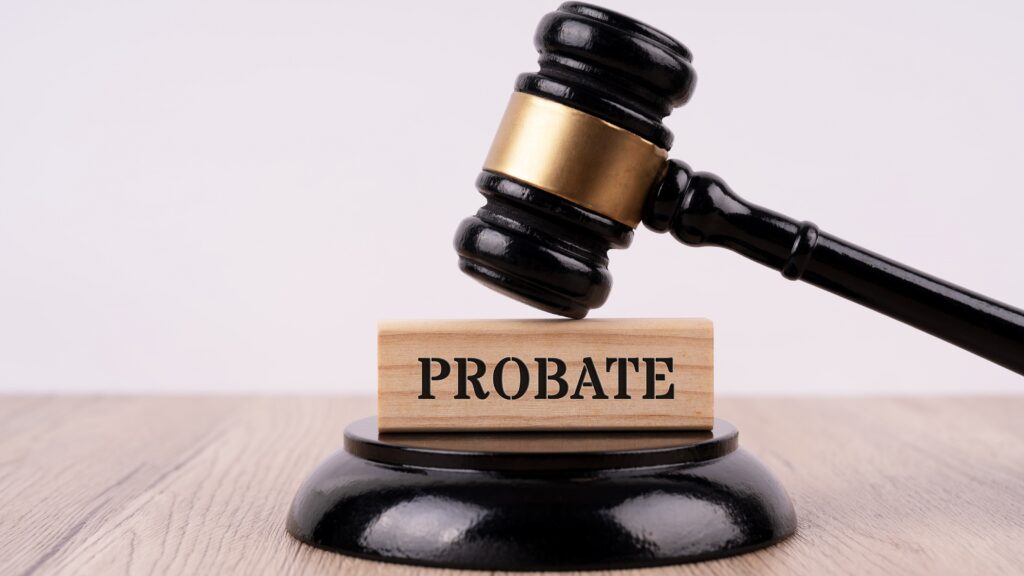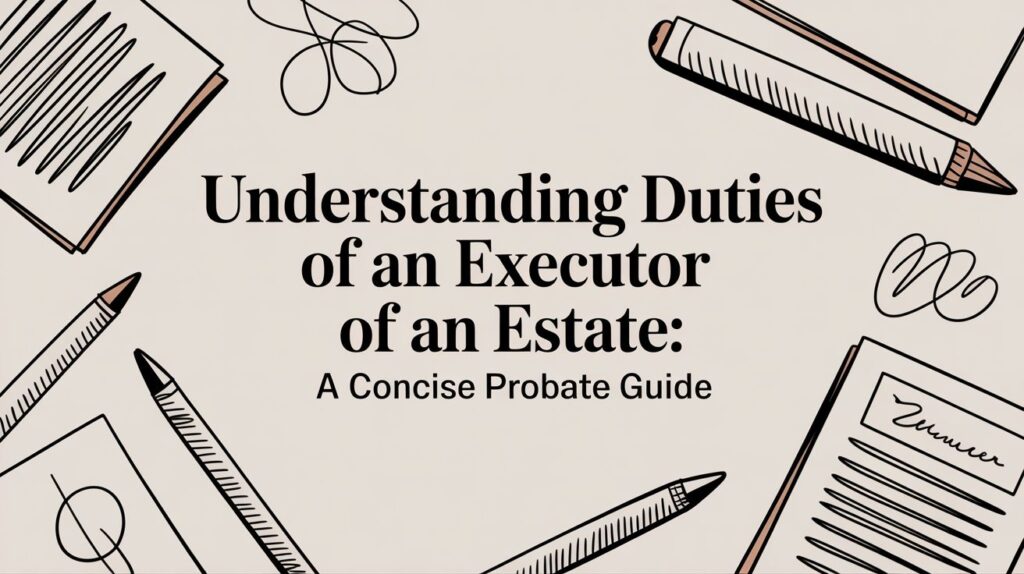The death of a loved one often brings emotional turmoil and logistical challenges. While families are grieving, they also have to deal with probate, estate administration, and the legal transfer of assets. Unfortunately, this period of transition can open the door to unexpected problems — like finding out that someone has moved into the deceased person’s house without permission.
Known as probate property squatters, these individuals often take advantage of the chaos that follows a death. Sometimes it’s a distant relative who thinks they have a right to the property. Other times, it’s a stranger who saw an empty house and decided to occupy it. Regardless of the situation, squatting can lead to serious legal and financial complications for heirs and executors.

Texas law has very specific rules about property rights, probate, and adverse possession, but most families are caught off guard when dealing with squatters. They’re left wondering how to remove the unwanted occupant, protect the estate, and prevent long-term losses.
This article will explore what happens when someone moves into a home after the owner dies, why these situations can get complicated, and what steps families can take to protect the property and their inheritance.
Why Probate Properties Attract Squatters
When a homeowner passes away, there is often a delay before anyone officially takes control of their property. During this gap, houses may sit vacant for weeks or even months. Utility bills go unpaid, mail piles up, and no one is around to monitor the home regularly.
This creates an opportunity for squatters. In some cases, the squatter might be a neighbor, friend, or even a family member who decides to move in because they think they have a claim to the property. In other cases, it’s someone completely unrelated who simply sees an empty house and moves in.
Probate properties are especially vulnerable because ownership is in limbo until the court approves the transfer of title. Without a will or executor immediately stepping in, the lack of clear authority can make it harder to address the problem quickly. By the time the rightful heirs realize what has happened, the squatter may have been living there for weeks or longer, complicating the process of removal.
Who Has Legal Control Over the Property After Death?
Understanding who has legal control over a home after the owner’s death is essential. In Texas, when someone dies, their property immediately becomes part of their estate. However, that doesn’t mean heirs automatically gain the right to enter, sell, or manage it.
If there is a valid will, the person named as executor has the legal authority to secure and manage the property once they are officially appointed by the probate court. If there is no will, the court will appoint an administrator to handle these duties. Until that happens, no one technically has full legal authority to act, which is why squatters can sometimes exploit the situation.
This legal gray area can frustrate families. Even if you know you are the rightful heir, you may not have immediate power to remove someone from the house without going through proper legal channels. Acting too quickly, like forcibly removing a squatter without a court order, can create additional legal risks.
When a Family Member Moves In Without Permission
Not all probate property squatters are strangers. Sometimes, the issue comes from within the family. A sibling, adult child, or other relative might move into the deceased person’s home, believing they are entitled to it or simply needing a place to stay.
These situations are especially tricky because family members often have complicated emotional ties and shared memories attached to the home. While one person sees their actions as reasonable, other heirs may see it as theft or disrespect.
Legally, until probate is complete, no single heir has the right to claim the home for themselves. The property belongs to the estate, and decisions about its use or sale must go through the probate process. If a family member refuses to leave, the executor or administrator may still need to file formal eviction proceedings, just as they would with an unrelated squatter.

Why Delay Can Make Things Worse
Time is a critical factor when dealing with squatters in probate properties. The longer someone occupies the home without challenge, the harder it can be to remove them.
Texas has laws about adverse possession — commonly known as “squatter’s rights.” If a person lives in a property openly and continuously for a certain number of years and meets very specific legal requirements, they can eventually claim ownership. While this process usually takes many years, allowing someone to remain in the property for even a few months can complicate matters by creating arguments about implied permission or tenancy.
Additionally, squatters can cause significant financial damage in a short period. They may neglect the property, leading to expensive repairs. Some may even strip the home of valuable items, from appliances to copper wiring. Utility bills, property taxes, and insurance premiums can pile up while the home remains tied up in legal disputes.
Acting quickly to secure the property after the owner’s death is one of the best ways to prevent these problems.
Steps to Take If You Discover a Squatter
If you discover that someone has moved into a deceased loved one’s home, there are specific steps you should take to handle the situation properly and protect the estate:
- Secure legal authority. If you are the named executor, file the will with the probate court as soon as possible and request official appointment. If there is no will, petition the court to be appointed as administrator. This gives you the legal standing to act on behalf of the estate.
- Document everything. Take photos, record dates, and keep detailed notes about the squatter’s presence. This evidence will be valuable if you need to go to court.
- Avoid self-help eviction. Texas law prohibits forcibly removing someone from a property without a proper eviction process, even if they are there illegally. Attempting to change the locks or physically remove the person could backfire legally.
- File for eviction if necessary. Once you have legal authority as executor or administrator, you can file an eviction lawsuit in the appropriate court.
- Work with law enforcement when appropriate. If the squatter has committed crimes such as theft, vandalism, or trespassing, law enforcement may be able to step in.
- Secure the property for the future. After regaining control, change the locks, install security systems, and notify neighbors to watch for suspicious activity.
Preventing Squatters Before They Move In
The best defense against probate property squatters is prevention. Families can take proactive steps immediately after a death to reduce the risk of unwanted occupants. This includes notifying local law enforcement that the property will be vacant, arranging for regular visits or inspections, forwarding mail to avoid visible buildup, and keeping utilities active to maintain the appearance of an occupied home.
If the deceased had a trusted neighbor or friend, asking them to keep an eye on the house can also be helpful. Executors should also consider hiring a property management company or security service if the probate process is expected to take a long time.
How Squatting Impacts the Probate Process
Dealing with squatters can significantly delay probate. While the court is focused on inventorying assets, paying debts, and distributing property to heirs, addressing a squatter adds another layer of legal action.
For example, eviction proceedings must be completed before the property can be sold or transferred. If the squatter contests the eviction, it can drag on for months. Meanwhile, the estate continues to incur costs such as property taxes, insurance, and legal fees. In some cases, the property may lose value due to neglect or damage during the dispute.
Executors must be prepared to include these additional steps and expenses in their overall probate strategy.
The Emotional Toll on Families

Beyond the financial and legal complications, squatters can create intense emotional stress for grieving families. A home often holds sentimental value, filled with memories and possessions tied to the deceased. Seeing someone else living there without permission can feel deeply violating.
For families already struggling with loss, the added burden of legal battles and conflict can be overwhelming. This is especially true when the squatter is a family member, turning the situation into a painful rift that may take years to heal.
Understanding the legal process and working with experienced probate and real estate attorneys can help reduce some of this emotional strain by ensuring the problem is handled efficiently and correctly.
Final Steps to Protect Your Texas Estate From Probate Squatters
Probate property squatters are an unfortunate reality that many Texas families face after the death of a loved one. Whether it’s a stranger taking advantage of a vacant house or a relative who oversteps their bounds, these situations can quickly spiral into complex legal battles. The key to resolving the issue lies in acting quickly, understanding the probate process, and following proper legal steps. Executors and heirs must secure legal authority, document everything, and pursue eviction through the courts rather than taking matters into their own hands.
By being proactive — both immediately after a death and throughout the probate process — families can protect the deceased’s property, preserve its value, and honor their loved one’s legacy. While squatters create serious challenges, they don’t have to derail the entire estate administration process if handled with care and swift action.








